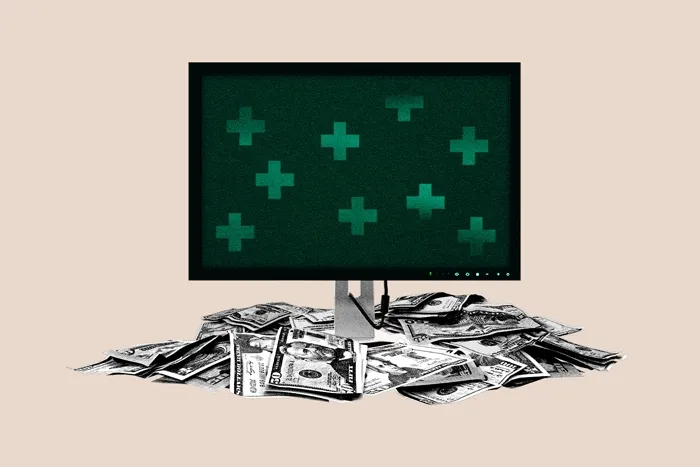ARPA-H invested $6m in Duality Technologies. Here’s how the company plans to fight for health equity with it
Duality Technologies encrypts data for safe information sharing. Now the company is taking on health equity.

Anna Kim
• 3 min read
Cassie McGrath is a reporter at Healthcare Brew, where she focuses on the inner-workings and business of hospitals, unions, policy, and how AI is impacting the industry.
Establish an open architecture for secure data collaboration. That was the 2016 founding mission of Duality Technologies, a software development company based in New Jersey.
Now, the company’s taking that collaborative spirit to health equity, thanks to a $6 million contract from the Advanced Research Projects Agency for Health (ARPA-H) that it received on September 24 to develop its SQUEEZES framework, which enhances privacy and allows researchers to securely access and combine data from different sources without compromising patient privacy.
ARPA-H formed in November 2022 to accelerate health research and outcomes for patients after Congress approved $1 billion in funding for the Department of Health and Human Services division’s first three years. So far, the agency has awarded projects for research on tissue regeneration and cell and mRNA therapies.
Kurt Rohloff, CTO and co-founder of Duality Technologies, said this latest investment into Duality Technologies will help the company create a safe way to share health data between providers and researchers.
Encrypting equity. Rohloff said that a lot of the current data is from patients with Northern European backgrounds, so Duality’s biomedical data framework can support improving health equity. A 2019 study, for example, found that 78% of participants in genome-wide association studies (research that compares DNA to learn about genetic markers) had a European background. Meanwhile, a much smaller combined share of participants were of Asian (10%), African (2%), or Hispanic descent (1%)—an “unacceptable” ratio, the researchers wrote.
“Historically disadvantaged communities like urban health centers, rural health centers, tribal health centers, where they’ve historically been exploited, they’re very hesitant to share data for all good reasons, and they don’t have well-resourced IT capabilities,” he said.
Navigate the healthcare industry
Healthcare Brew covers pharmaceutical developments, health startups, the latest tech, and how it impacts hospitals and providers to keep administrators and providers informed.
Rohloff said that the ultimate goal behind enabling data collaboration between researchers and providers is to offer better treatment options to people who have historically been marginalized within healthcare.
How it works. Duality Technologies works with homomorphic encryption, which allows third-party researchers who are not data collectors to access and use data while keeping sensitive patient information safe. Rohloff previously worked on this technology under the Defense Advanced Research Projects Agency, or DARPA, another federal agency designed to boost innovation in the defense industry. With this latest ARPA-H funding, his company can bring the tech to healthcare.
For example, genomic data from cancer patients can be encrypted, put in a generic cloud environment, and taken by other researchers to identify which mutations indicate certain rare cancers, Rohloff explained.
More than 30 million people in the US have a rare disease, according to the FDA, but Rohloff said there isn’t much data sharing when it comes to those conditions, leaving patients across the country with rare diseases “grossly underserved.”
The medical field would be able to create better treatments if it could aggregate data from larger, more diverse populations, Rohloff said.
“Wouldn’t it be nice if we could take shared data across these underserved communities, give access to this data in some way to world-class researchers, and allow these researchers to run analytics on data from these historically marginalized communities?” he said.
Navigate the healthcare industry
Healthcare Brew covers pharmaceutical developments, health startups, the latest tech, and how it impacts hospitals and providers to keep administrators and providers informed.